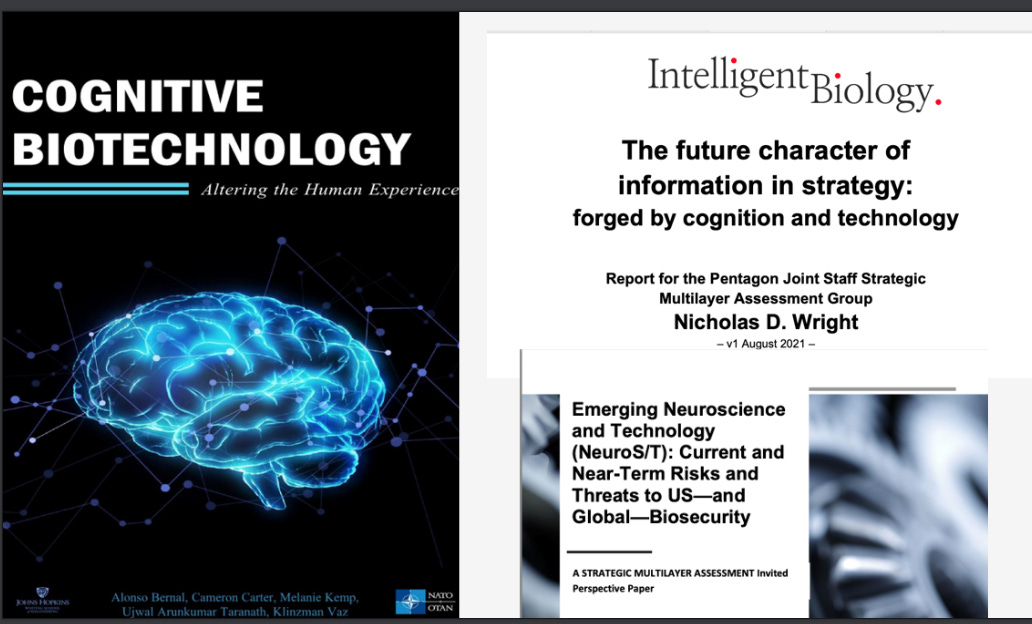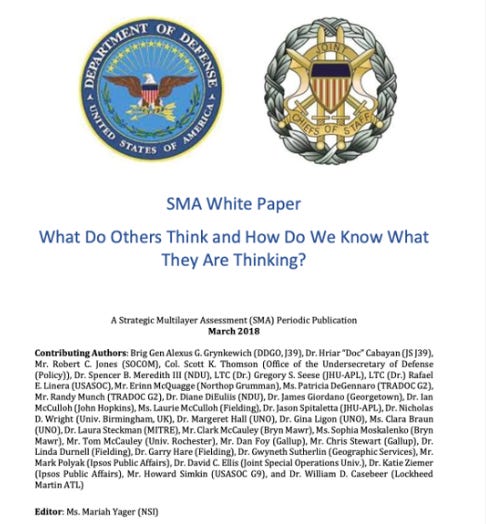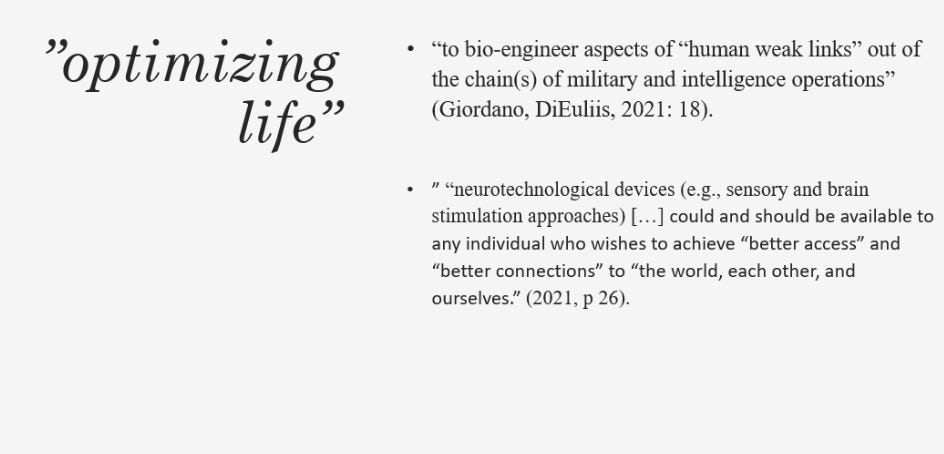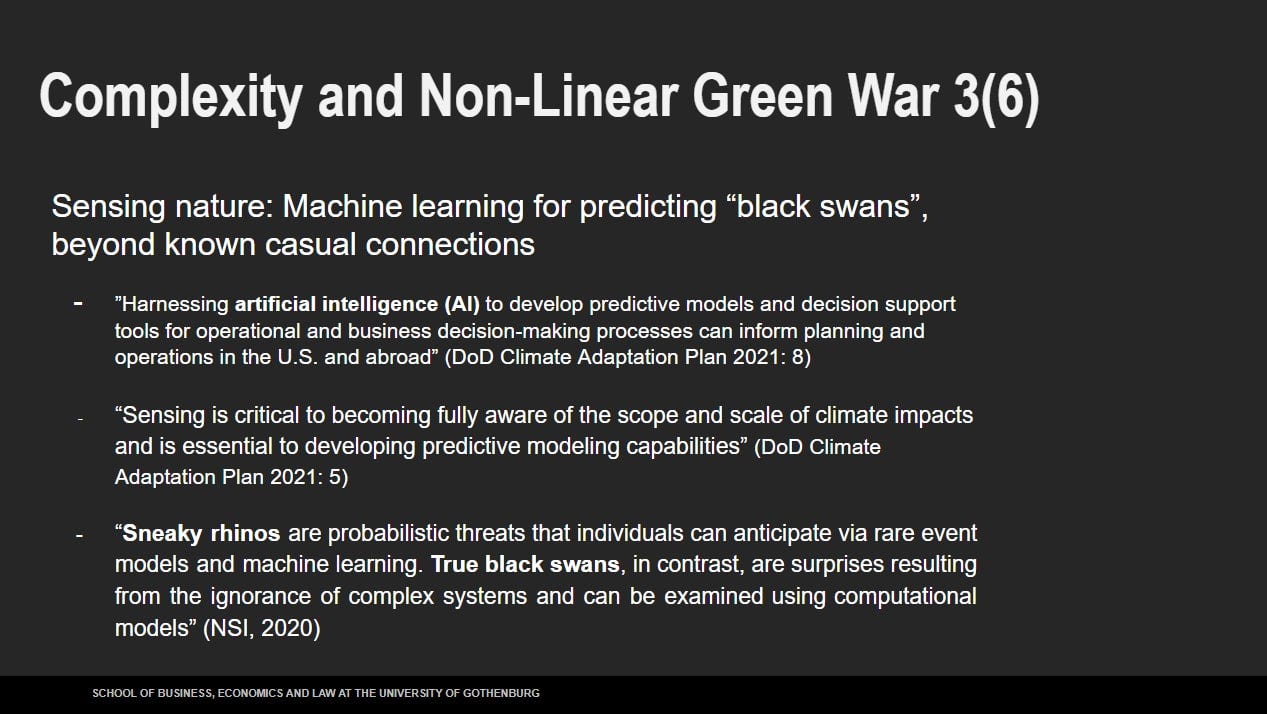On neurogovernance
On neurogovernance
It's much worse than you think
When I was a kid, I really wanted a datajack implant on the side of my head.
The datajack is a fictional device from the William Gibson type of cyberpunk narratives that allows the wearer access to the Matrix, often coupled with a computer implant. And sometimes a cortex bomb.
I think I was enthralled by not so much the transhumanist aspect of such augmentation, but rather by this immense promise of boundless innerspace exploration, instant communication and anarchic self-governance through total and open access to information. This immediately translated to a deep fascination for the nascent digital technologies of the early 1990s.
The Internet, however, could most likely never really have delivered such lofty goods. It’s after all a set of military technologies, with inherent structural tendencies and intentionalities that progress towards a certain set of ends, irrespectively of how we use them at the micro level.
And it’s along the same imperial trajectory that the novel technologies for a combined project of augmentation and surveillance now are materializing. For “sensing” and improving inner and outer nature.
Big data is now going neural.
The military-industrial-complex is branching out into what’s dystopically being termed “neurogovernance”, a new paradigm for control and prediction that rests upon intrusive, algorithmic surveillance of neurodata and biometrics, which at the same time is being marketed through a wide variety of consumer products intended to augment or improve characteristics such as health, fitness and performance.
What strikes me as astonishing is the advanced and explicit predictions and plans to implement these radical new modes of social engineering expressed in material such as NATO policy documents and papers published by central security thinktanks. These are not just fringe ideas, but increasingly conceptual keystones of contemporary geopolitical strategizing, something which has been charted in detail in Jacob Nordangård’s work, which I highly recommend.

The new narrative tenor is towards prediction of, rather than mere reaction to, all sorts of political and strategic contingencies. In other words, immediate real-time reactions in a global theatre of institutional action is no longer sufficient. The active intention is now to predict developments beforehand (through algorithmic mass data analysis), as well as to design AI systems which can kick in proactively, and for instance disseminate “culturally anchored” counter-narratives (i.e. targeted and customized propaganda) ahead of the actual full development of perspectives and points of view which in some way may threaten the authority and integrity of the system.
You can read that again. The idea is to proactively guesstimate the character and timing of oppositional narratives, and for the algorithms to produce NARRATIVE COUNTERMEASURES to stifle these embryonic developments of potential political opposition before they can even be coherently formulated and disseminated.
If that’s not the exact image of a boot stamping on a human face forever, I really don’t know what is.
And perhaps the most disturbing thing is that this entire project is (quite effectively, I might add) being sold in connection with narratives of liberalism. Of narratives pertaining to the increase of freedom, to the supplementing of individual agency, and to the bolstering of progress and human flourishing.
The transhumanist agenda in connection to legacy ideologies of redemptive scientism are prominent conceptual pillars here, and the entire development is of course symbolically connected to the modern myth of progress, to our narratives around technology and industrialization, which now all coalesce and are focused together in this notion of pure technocratic control, seemingly almost within reach.
Here’s also the radical reification of the reductive world order’s ontology of control and epistemology of objective permeation. The computer knows, and soon enough, it will know everything. It will know the answers to questions we couldn’t even imagine yet. An atheology of a scientistic dystopia.
And yet, all of this is somehow liberalism. It’s digital democracy. It’s the pinnacle of Enlightenment’s challenge of L'ancien régime.
Judging from history and by everyday events, liberal ideas belong to a system of violence of which, as Marx said, they are the "spiritual point d'honneur," the "solemn complement" and the "general basis of consolation and justification."
It is not just a question of knowing what the liberals have in mind but what in reality is done by the liberal state within and beyond its frontiers. Where it is clear that the purity of principles is not put into practice, it merits condemnation rather than absolution.
(Merleau-Ponty, M. (1947). Humanism and Terror.)
This particular theme is well-explored in Michael Dillon & Julian Reid’s The Liberal Way of War (2009), whose basic contention is that liberal regimes have reconstituted war in terms of biopolitical struggle, i.e. that the institutional geopolitics of nominally liberal states is being framed as the promoting of peace towards the survival and resilience of the ecosystem and the human species. There’s a lot to take apart here, but I think the gist of their position is correct.
And for this “governing of the potential” in the paradoxical defense of the liberal world order, the intention is to harness the capabilities of mass data analysis to synergize with neuroscience to unlock the ability to perform influence operations at both the individual and structural levels.
All of this is also nested in climate discourse. “Environmental justice” is explicitly stated as a “climate adaptation strategy enabler” within the DoD:s climate adaptation strategy document, and the US Navy emphasizes that “bold climate action” is a mission imperative; they intend to “employ the urgency of the climate crisis and harness [their] power to make change.”
This of course also connects with the processes towards financialization of nature and the marketing of “eco-system services”, which are inconceivable outside of this paradigm of persistent, ubiquitous and intimate surveillance of inner and outer nature.
In short, neuroscience may have "put the brain at our fingertips," but neuroscientific information and the insights - and capability - it yields will not be operational to the extent needed for national security, intelligence, and defense without the scope and depth of informational use that will be afforded by big data approaches.
(Canna, S. Popp, G. (2014). 8th Annual Strategic Multi-Layer Assessment (SMA) Conference, A New Information Paradigm? From Genes to "Big Data" and Instagram to Persistent Surveillance ... Implications for National Security. Joint Base Andrews.)
Neurodata, specifically, is touted as the gateway to “neurogovernance”, i.e. a whole new ball game of social engineering, through the proper harnessing of artificial intelligence and big data.
These plans are being formalized politically at this very moment, and these imaginaries of control are being institutionalized, step-by-step, as we squabble about minor diversions or the minutiae of the covid measures’ efficacy.
So here’s the bigger picture. This is the planned trajectory of the contemporary historical development, and whether or not it’s feasible or even possible in practice, these are the ideas and aspirations that will guide the bulk of geopolitical processes in the present and near-future.




Comments
Post a Comment